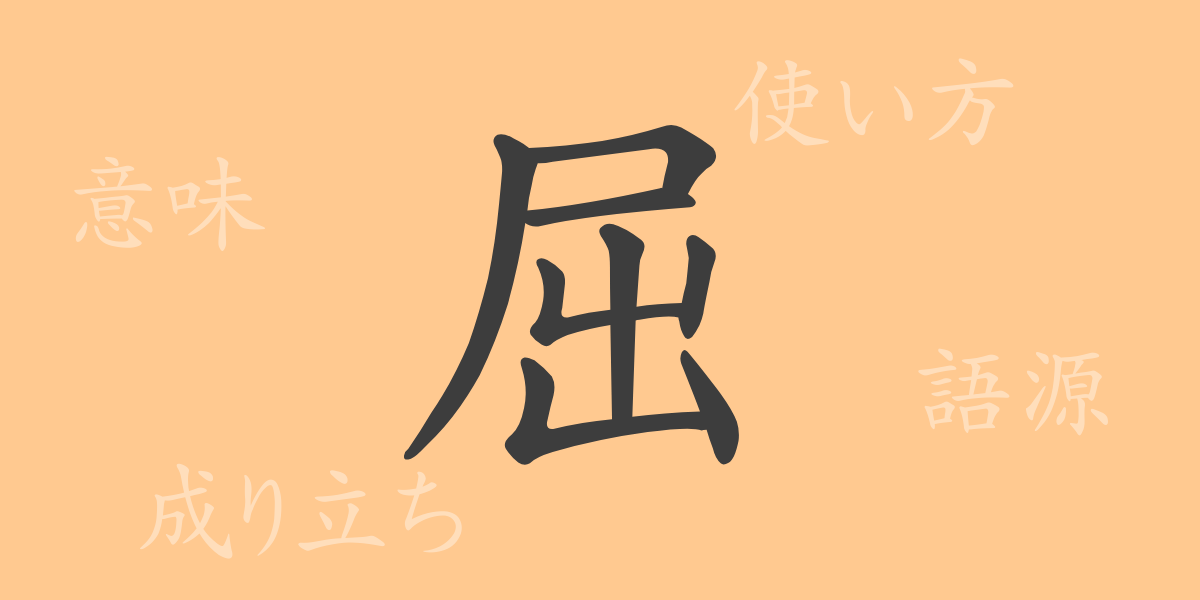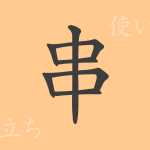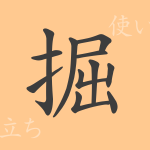The meaning and history embedded in a single kanji character symbolize the profound depth of the Japanese language. One of the commonly used kanji in daily life is “屈(くつ).” How is this character used in the lives of Japanese people, and what meanings does it hold? This article will unravel the full scope of “屈(くつ),” from its origins to its usage, including idioms and proverbs.
Origin of 屈(くつ) (Etymology)
The kanji “屈(くつ)” evolved from ancient Chinese pictographs. Originally, it depicted a person kneeling, and over time, this shape transformed into the current form of “屈(くつ).” As the shape changed, the meaning also expanded to include the idea of bending, representing both the bending of objects and the act of people bending or yielding.
Meaning and Usage of 屈(くつ)
“屈(くつ)” primarily means “to bend,” “to curve,” “to yield,” or “to succumb.” This kanji is used to describe the act of someone submitting against their will or the bending of an object. Additionally, it is used metaphorically to describe a situation where a person’s spirit or will is broken, as in yielding to pressure.
Readings, Stroke Count, and Radical of 屈(くつ)
The kanji “屈(くつ)” has various readings and structural details.
- Readings: On’yomi (Chinese reading) – “クツ(くつ)”; Kun’yomi (Japanese reading) – “かが.む(かが.む),” “かが.める(かが.める)”
- Stroke count: 8 strokes
- Radical: 尸(しかばね), which represents the body
Idioms, Phrases, and Proverbs Using 屈(くつ)
There are many idioms, phrases, and proverbs containing “屈(くつ),” each with significant meanings. Here are a few examples:
- 屈折(クッセツ): The change in direction of light or sound. Metaphorically, it can mean complex changes in thoughts or feelings.
- 屈辱(クツジョク): Feeling of humiliation or disgrace, wounding one’s pride.
- 屈服(クップク): Succumbing to strong pressure or force.
- 心を屈する(こころをくっする): To bend one’s will and comply with someone else’s intentions.
- 屈託がない(クッタクがない): Being carefree and without worry or concern.
Conclusion on 屈(くつ)
The kanji “屈(くつ)” has evolved in both form and meaning over time. Its usage in Japanese is diverse, deeply rooted in language and culture through idioms and proverbs. Understanding this kanji not only deepens one’s knowledge of the Japanese language but also offers insight into the underlying psychology and behavior of Japanese people. Through this exploration, we hope your perspective on “屈(くつ)” has expanded.

























